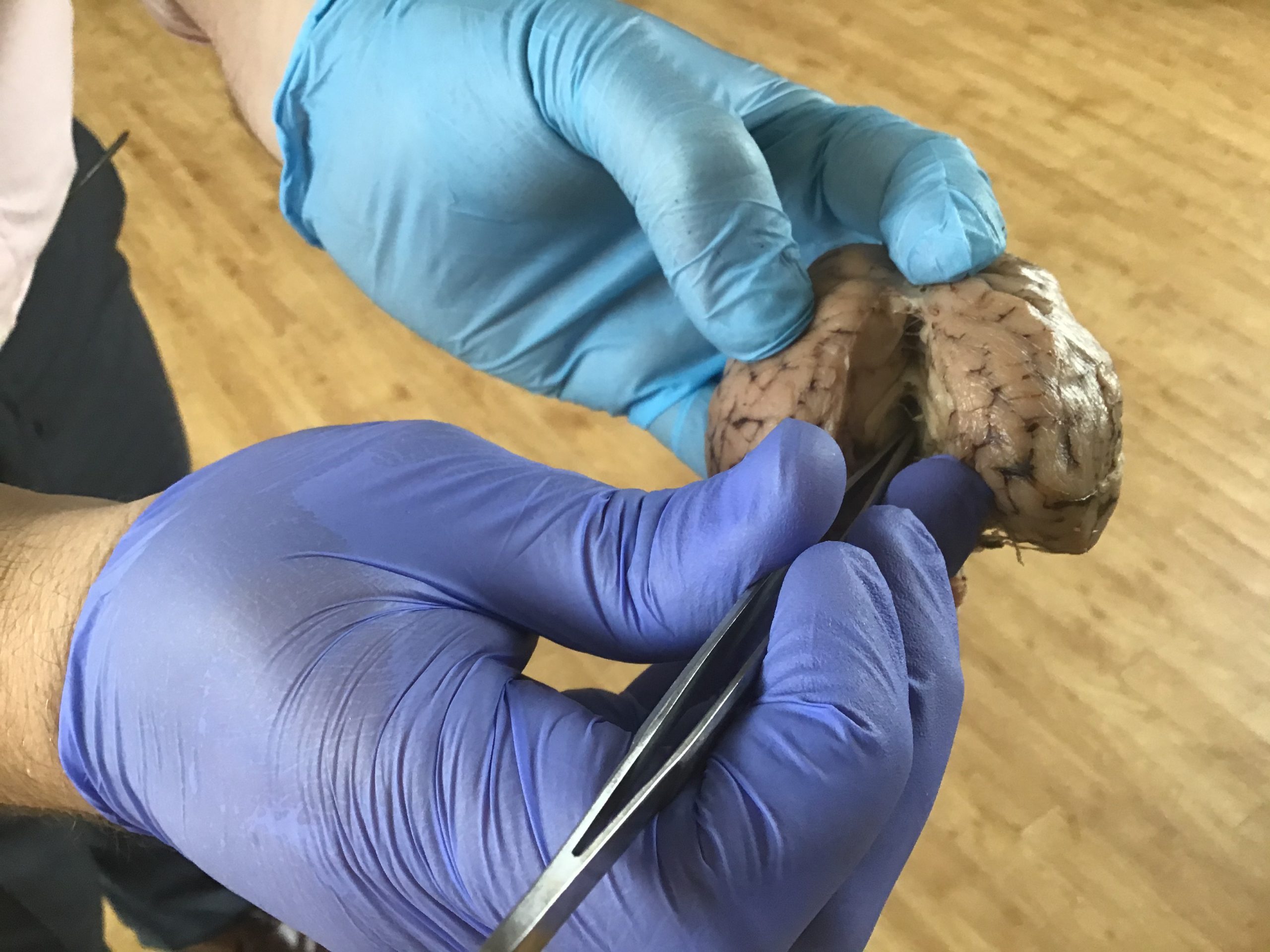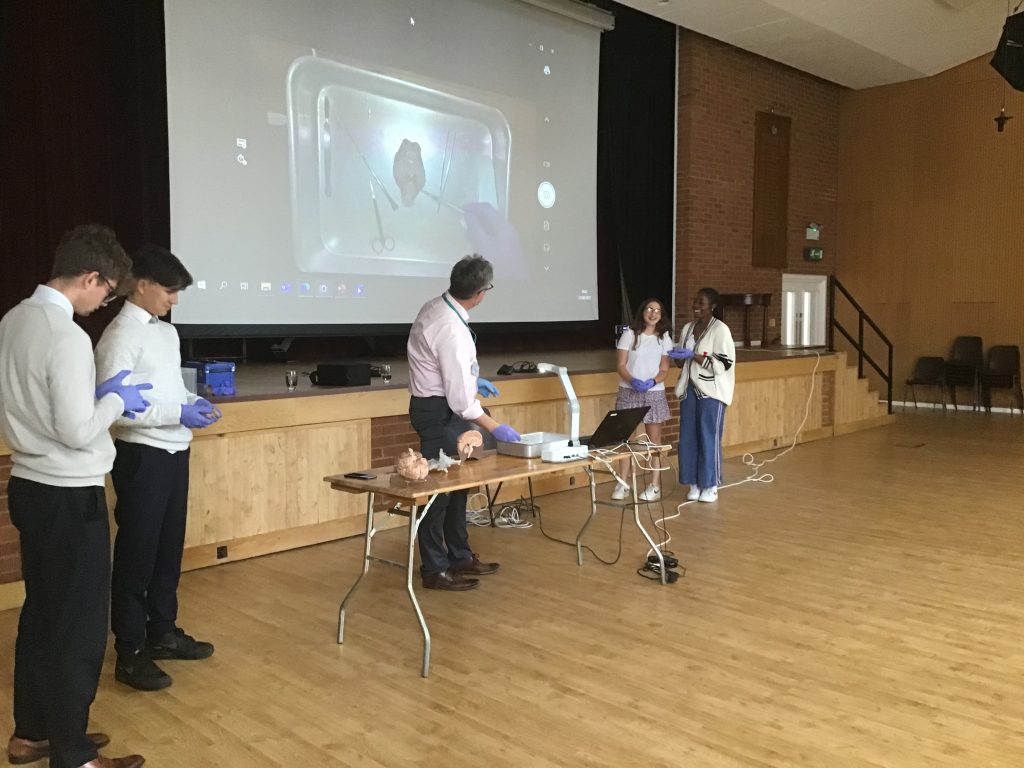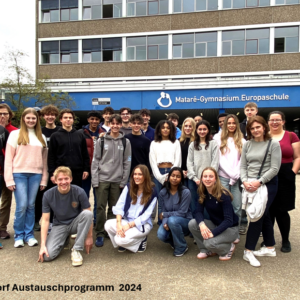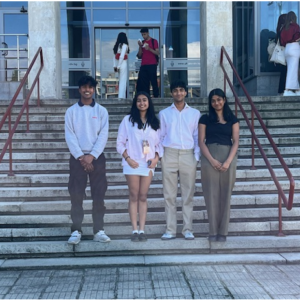Neuroscience is the future. This was the resounding message that Brain Day, attended by an enthusiastic cohort of psychology students on 22 June, centred around. The talk, led by Dr Guy Sutton, an honorary assistant professor in psychiatry at the University of Nottingham, and the director and founder of Medical Biology Interactive, delved into the fascinating and mind-blowing world of the brain. Dr Sutton was a passionate speaker. He began by evaluating ground-breaking research and experiments, some of which were conducted as recently as last week. The university style lecture began by focussing on neuroscience, exploring content far beyond the boundaries of our A level. We touched upon the intriguing idea of neuroplasticity which proposes that the brain can re-organise itself and change as a result of experience. Shockingly, we learnt that of the 7.9 billon people in this world, no 2 brains are ever the same. The reality of our discussion on cannabis use and abuse left the students astounded, as is it definitively linked with increased vulnerability to schizophrenia and possible permanent effects on the brain.
We then proceeded to the highlight of the day, a live dissection of a sheep brain! Students were given the opportunity to hold and examine the parts of the brain dissected during the demonstration and were introduced to components in the sheep’s brain that are surprisingly similar to those found in our own brains. The dissection was truly mind-blowing and like nothing that we have ever seen before in a classroom setting.
After a short break and some time to refresh, we proceeded to the last portion of the talk, focusing on the working and damaged brain. The talk ended with the case study of a well-mannered man who began showing signs of paedophilia at age 40. An MRI revealed that the cause of this was a brain tumour, which, when removed, ended his paedophilia. This informative speech left us with more questions than answers; we all went home wondering: are our actions really our own? What does it really mean to be conscious? How much am I in control of?
Neuropsychology is a fast-advancing world of constant discovery. Filled with exciting new prospects and research, neuroscience will help us to understand the way we act, think and develop in the future. This speech gave us an insight into the future of neuroscience, and was a wonderful opportunity to extend our studies of psychology beyond the classroom setting. Many thanks to Dr Guy Sutton for his fascinating presentations and insightful words that held all students so captivated throughout the entire afternoon!
George Argyrou and Ella Goldwater (Upper 5)










